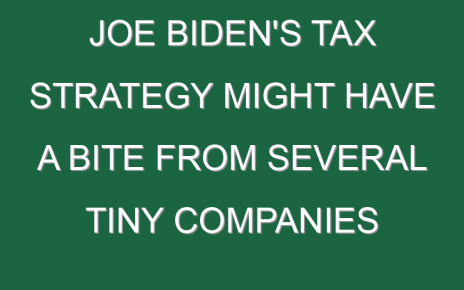Good morning. David Meyer here in Berlin, filling in for Alan.
I’m a South-African-British dual citizen living in Germany. So, while I’ve been saddened by the rancor that’s infected American politics over recent years, and while I naturally have personal opinions on the issues that divide the country, I’m not an American voter, and my family and I have no direct stake in the choices that American voters make.
Except when it comes to one particular issue: the climate emergency.
The world is heating up due to human actions, and there is strong scientific consensus that this will have terrible outcomes if not mitigated. We’re seeing them already, in the U.S., in Germany, in the U.K., in South Africa—everywhere. We all share this world, we are all suffering from its degradation, and we must all act to save it.
That responsibility lies with every country, but there’s no getting around the fact that the greatest onus to cut carbon emissions rests on the biggest emitters, namely China, the U.S., the EU, India and Russia. The fifth entry on that list is dragging its heels—and shame on the Putin regime for that. But China, the EU and India are all taking this challenge seriously, and it is of the utmost importance that the U.S., the second-biggest emitter, does the same.
Based on this, I can only applaud yesterday’s inauguration of President Joe Biden. I’d do the same for a Republican president who took the climate emergency seriously—on this side of the pond, it’s much less of a partisan issue, and I hope that will soon become true in the U.S. as well.
As soon as he took office, Biden was a whirlwind of climate-defending activity. Most importantly, he recommitted the U.S. to the Paris Agreement, which aims to keep global warming well below 2 degrees Celsius. The significance of this is enormous.
Before yesterday, countries producing half of all global carbon emissions had committed to carbon neutrality or net-zero emissions. “Today’s commitment by President Biden brings that figure to two-thirds,” said United Nations Secretary-General António Guterres as he welcomed the move.
But, Guterres warned, “there is a very long way to go. The climate crisis continues to worsen, and time is running out to limit temperature rise to 1.5 degrees Celsius and build more climate-resilient societies that help to protect the most vulnerable.”
I have no doubt that the U.S. will be rewarded for bringing its considerable heft to this fight, not only in terms of national security—climate change is a far more fundamental threat than terrorism—but also when it comes to international standing. The country will find it easier to achieve its foreign-policy aims when others see it as a partner rather than a holdout.
It should also go without saying that clean-energy investors will find the new administration’s policies rewarding. Solar stocks are on a tear, thanks to the prospect of more stimulus and subsidies, and the likely continuation of low interest rates that aid financing for new projects. Unsurprisingly, with a green-hued infrastructural push on the way, a BofA note this morning points out that fund managers are throwing money into energy and materials.
All in all, yesterday’s transition provides grounds for climate optimism around the world. But now there’s work to do. More news below.
David Meyer
@superglaze
[email protected]




